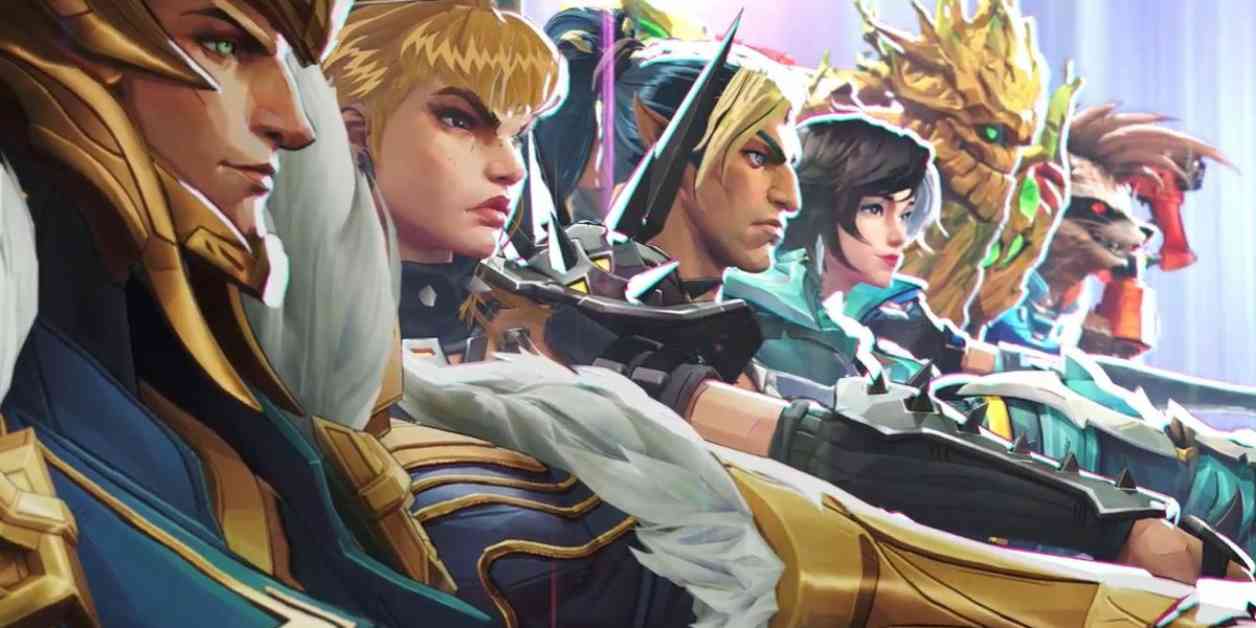Former Blizzard CEO Calls Out Marvel Rivals for Copying Overwatch
Former Blizzard CEO Mike Ybarra recently took to Twitter to criticize Marvel Rivals, a free-to-play team-based PVP shooter developed by NetEase Games, suggesting that it closely resembles Blizzard’s popular game, Overwatch. Ybarra’s now-deleted tweet compared Marvel Rivals to Tencent’s Light of Motiram, which he labeled as a clear copy of Horizon Zero Dawn.
Ybarra’s tweet pointed out similarities between character names in the two games, highlighting “Windowmaker” in Overwatch and “Black Widow” in Marvel Rivals. Despite the tweet being deleted, a community note attached to it emphasized that Black Widow, a Marvel character, has been around since 1964, predating Widowmaker from Overwatch.
Marvel Rivals officially launched on December 6, 2024, garnering significant attention on Steam with a peak concurrent player count of 444,286. Described as a thrilling and fast-paced cooperative gameplay experience, the game has been a labor of love for the developers at NetEase Games, according to Jay Ong, head of Marvel Games.
Expert Opinions on Cloning in Gaming Industry
The gaming industry has long grappled with the issue of cloning, where games appear to borrow heavily from successful titles. Experts believe that while inspiration is natural, blatant copying can hinder creativity and innovation in the industry. This incident involving Marvel Rivals and Overwatch highlights the fine line between drawing inspiration and outright replication.
Impact on Players and Developers
Players have expressed mixed reactions to the similarities between Marvel Rivals and Overwatch. Some find comfort in familiar gameplay mechanics, while others feel disappointed by the lack of originality. Developers, on the other hand, face the challenge of balancing innovation with market demands, often leading to debates about intellectual property rights and creative freedom.
Looking Ahead: Lessons Learned
As the debate over cloning in the gaming industry continues, it serves as a reminder for developers to prioritize originality and creativity in their projects. While drawing inspiration from successful titles is common, it is essential to add unique elements that set a game apart. Players, too, play a crucial role in shaping the industry by supporting innovative and diverse game experiences.
In conclusion, the clash between Marvel Rivals and Overwatch sheds light on the complexities of game development and the ever-evolving nature of the gaming industry. As new titles emerge and trends evolve, the need for authenticity and creativity remains paramount to drive meaningful progress in the gaming landscape.

